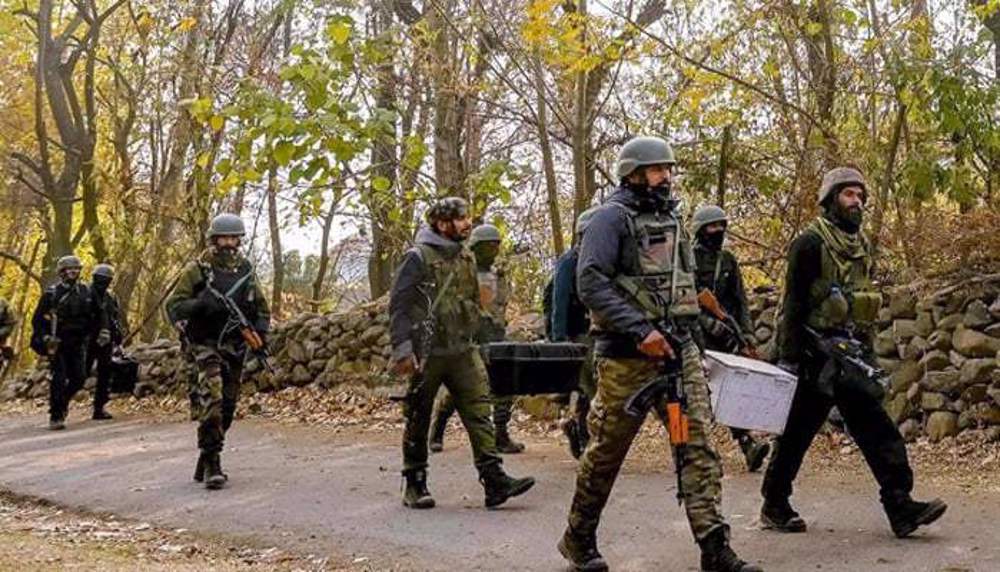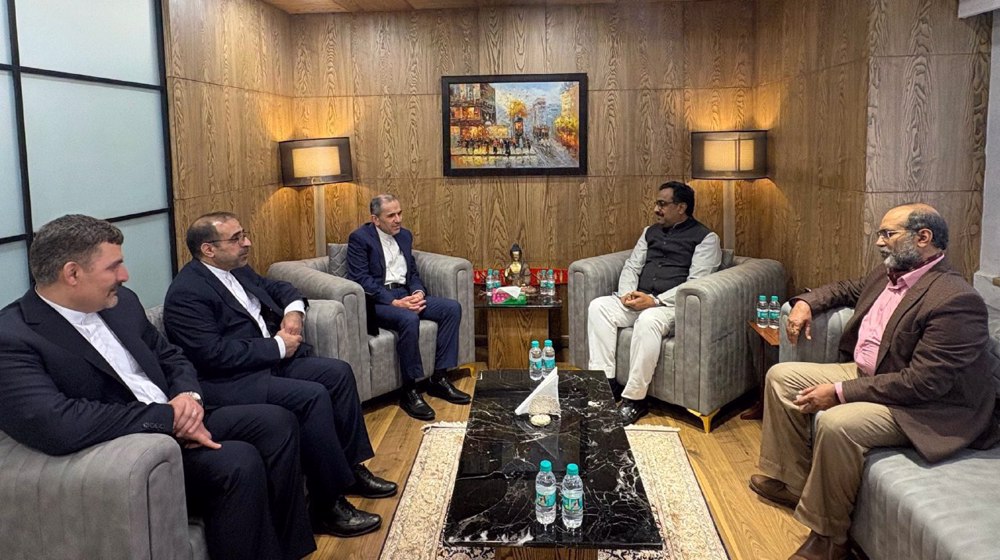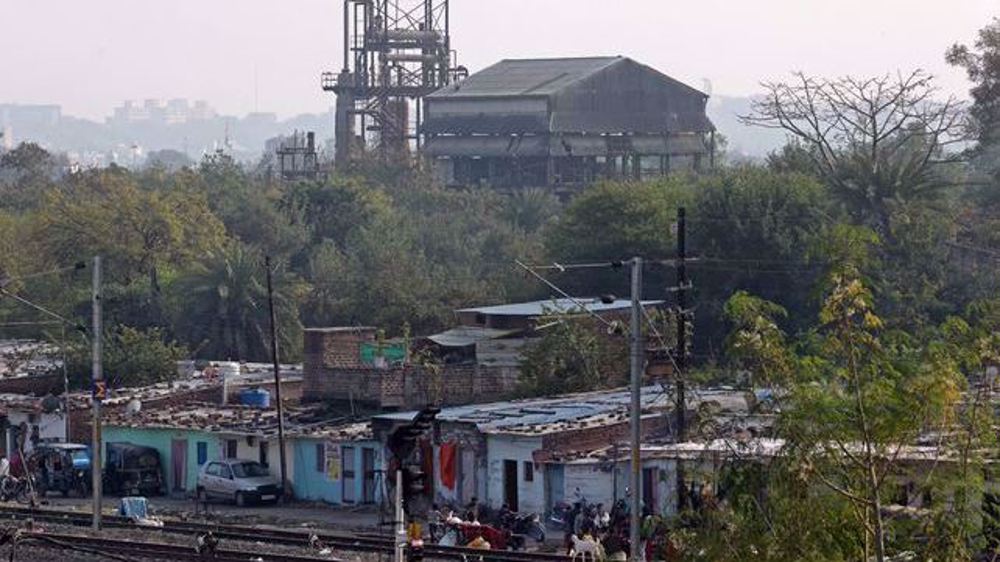Death toll from Kashmir clashes rises to 36
At least three dozen people are now confirmed dead following days of violent clashes between protesters and New Delhi forces over the killing of a popular rebel leader in the Indian-controlled region of Kashmir.
Two injured protesters succumbed to their wounds in the Himalayan state of Jammu and Kashmir on Wednesday, raising the death toll to 36 since July 8.
Hospitals across the Muslim-majority region have been overwhelmed with patients. Over 1,500 people have been injured, many of them critically.
Doctors at a main government hospital say they performed more eye surgeries in the last three days than they ever did in three years. Medical sources have expressed serious concern that a severe lack of blood and life-saving medicines could cause more deaths.
Indian authorities on Wednesday extended a curfew in most parts of the region. Thousands of armed police and paramilitary soldiers in riot gear have been deployed to the streets of many areas, including the city of Srinagar.
Clashes erupted after Burhan Wani, a top figure in the pro-independence Hizbul Mujahideen (HM) group, was killed along with two others in a shootout with Indian troops.
Anti-riot troops have used live ammunition, pellet guns and tear gas to disperse the crowds and calm down the outrage over the past few days.

Indian Prime Minister Narendra Modi has held an emergency meeting to discuss the intensifying violence in Kashmir.
India’s Minister of State Jitendra Singh said Modi has "appealed to the people of Jammu and Kashmir to maintain calm and peace so that normality returns in the valley."
Anti-India protest in Pakistani-administered Kashmir
Up to 3,000 people gathered at a massive anti-India rally in Muzaffarabad, the capital of the Pakistani-controlled Kashmir, on Wednesday.
Addressing the demonstration, Sayed Salahuddin, the chief of the HM, accused New Delhi of committing "genocide" in the disputed valley.
"If India's occupation troops continue with the genocide of Kashmiris, then along with armed struggle we will also start a civil disobedience movement in occupied Kashmir," Salahuddin said, adding, "People on both sides will have to march and trample that bloody line that divides them."

Kashmir has been at the heart of a bitter territorial dispute since India and Pakistan became independent in 1947.
New Delhi and Islamabad both claim the Himalayan region in full, but rule parts of it. The two countries have fought two wars over the disputed territory.
The last bout of serious violence in the scenic valley was in the summer of 2010, when more than 100 people died in anti-India protests, which broke out after police shot dead a teenager.
Araghchi: Iran-Russia strategic deal step toward ‘more just world’
UNRWA unraveled amid Israel's allegations, reduced intl. support
Palestinian journalist, a Sobh Media Festival awardee, killed in Gaza hours before truce
Jan. 15: ‘Axis of Resistance’ operations against Israeli occupation
VIDEO | Fears, hope in Gaza amid intensified ceasefire efforts
VIDEO | Press TV's news headlines
Hamas: Ceasefire agreement result of steadfastness, resistance in Gaza over 15 months
Hamas thanks Iran, Resistance Front following achievement of ceasefire in Gaza















 This makes it easy to access the Press TV website
This makes it easy to access the Press TV website